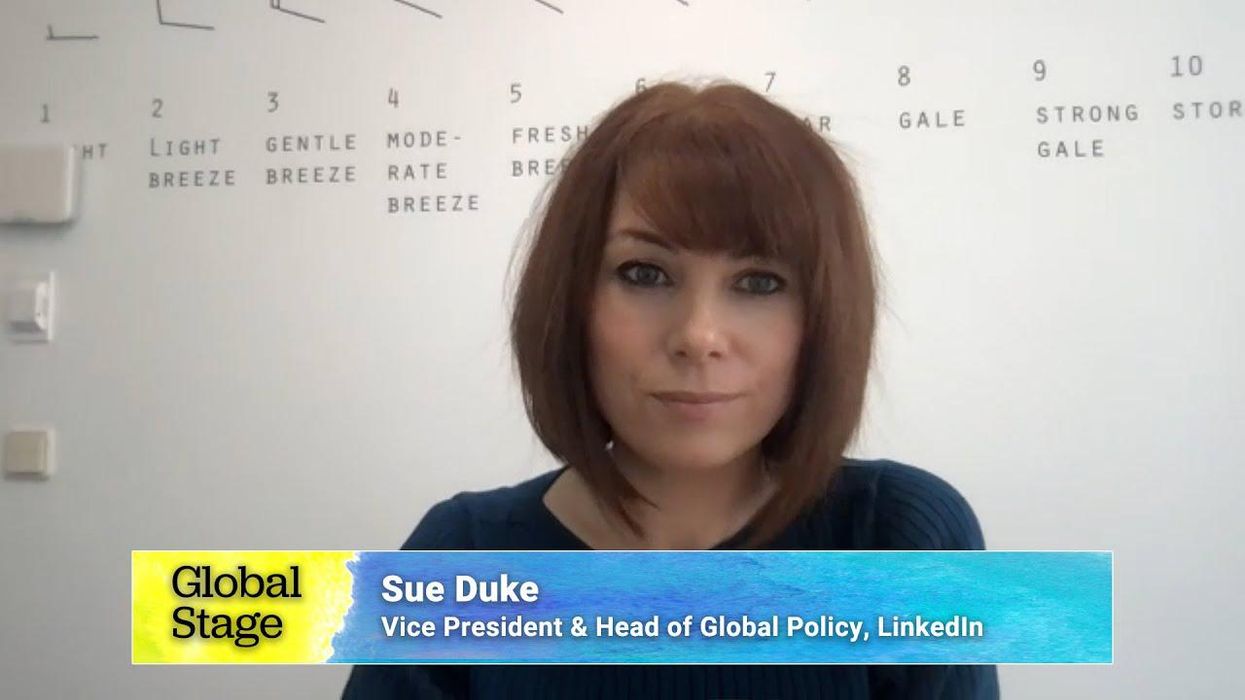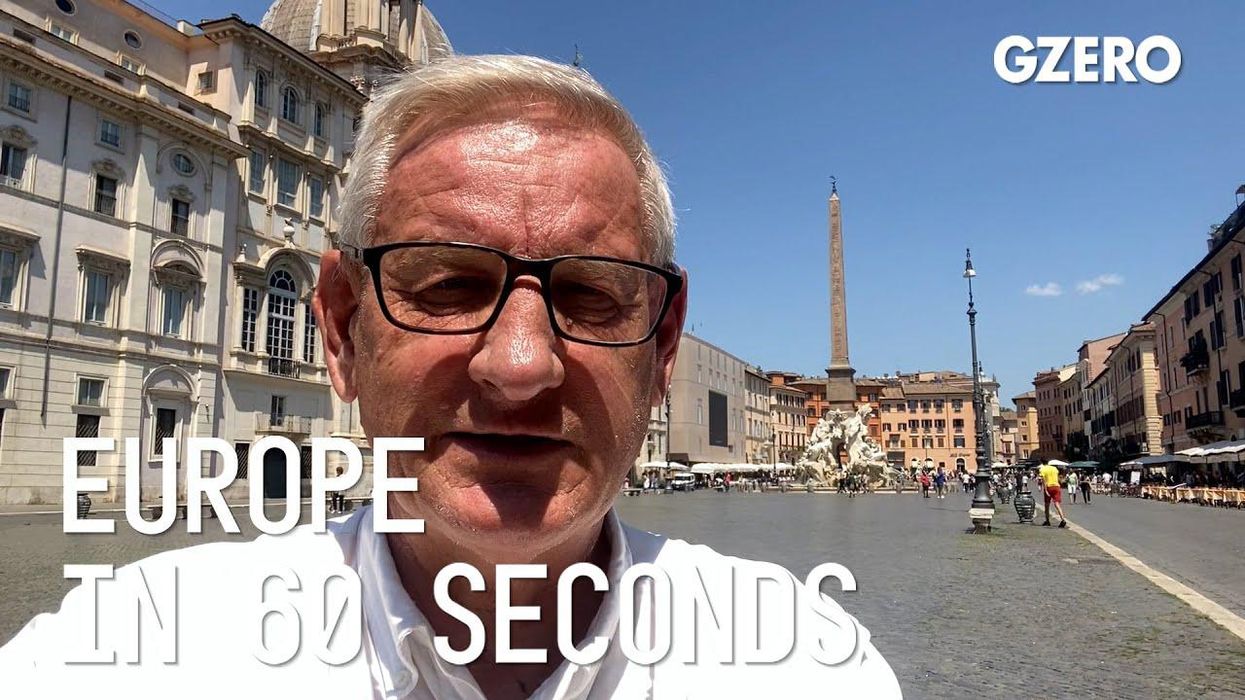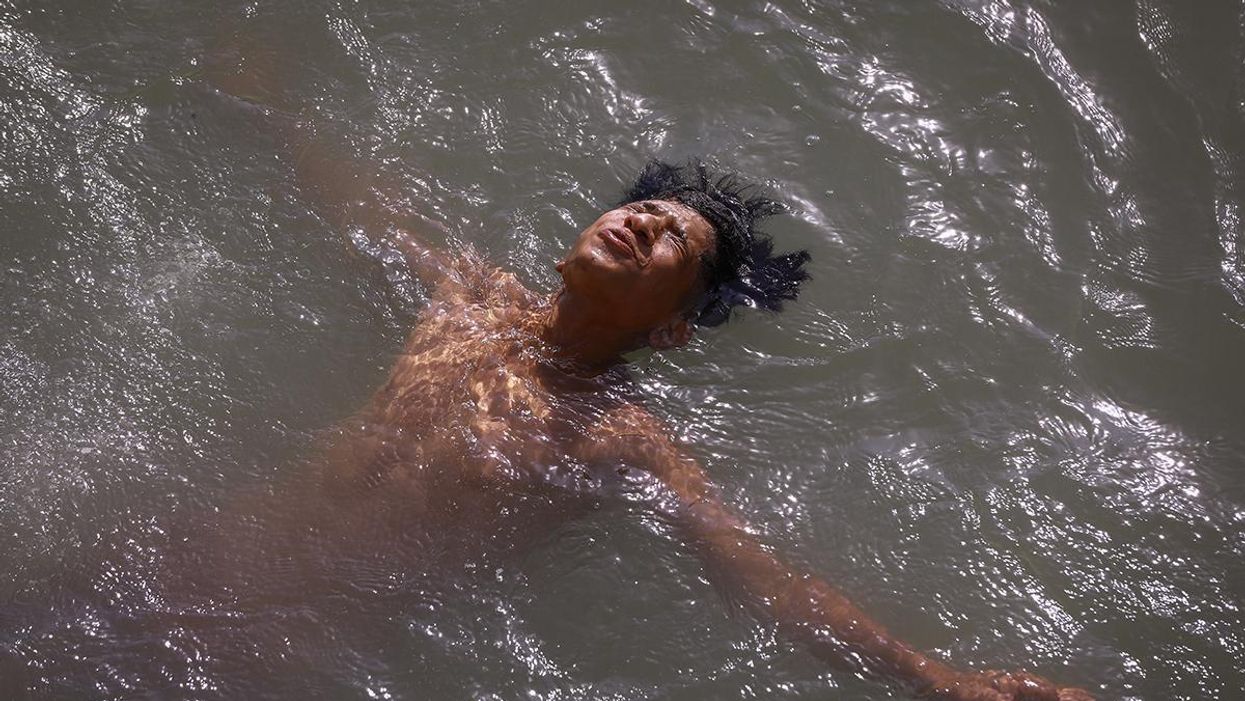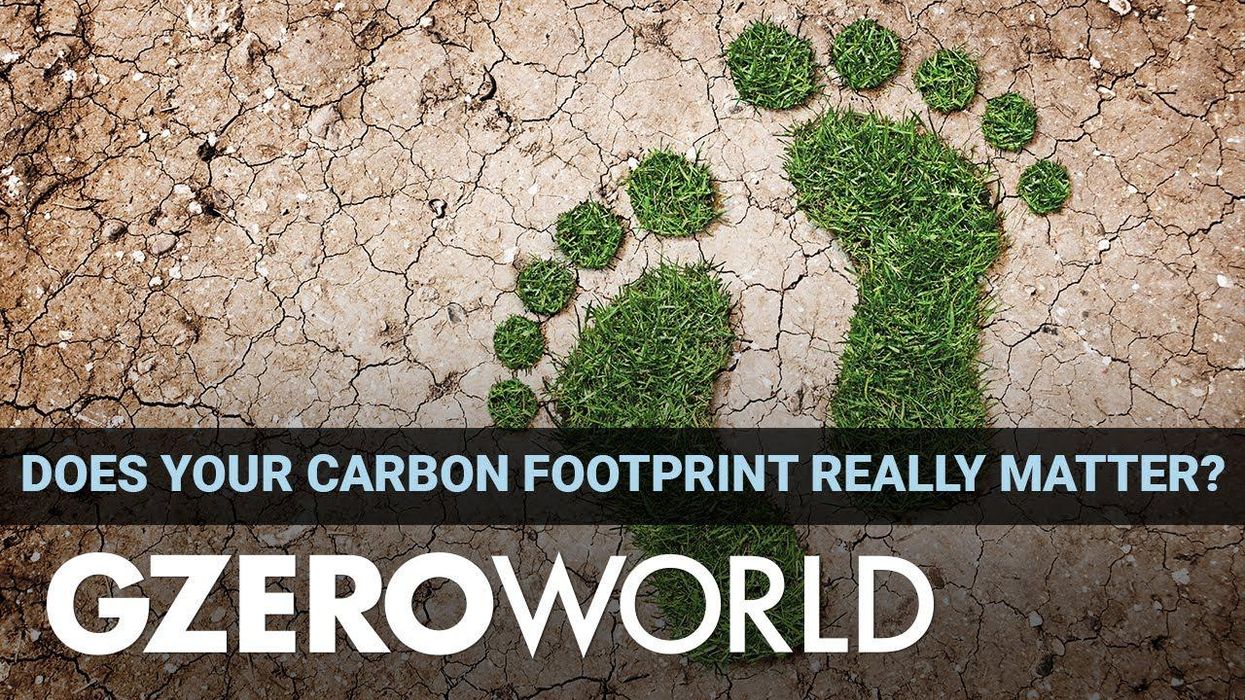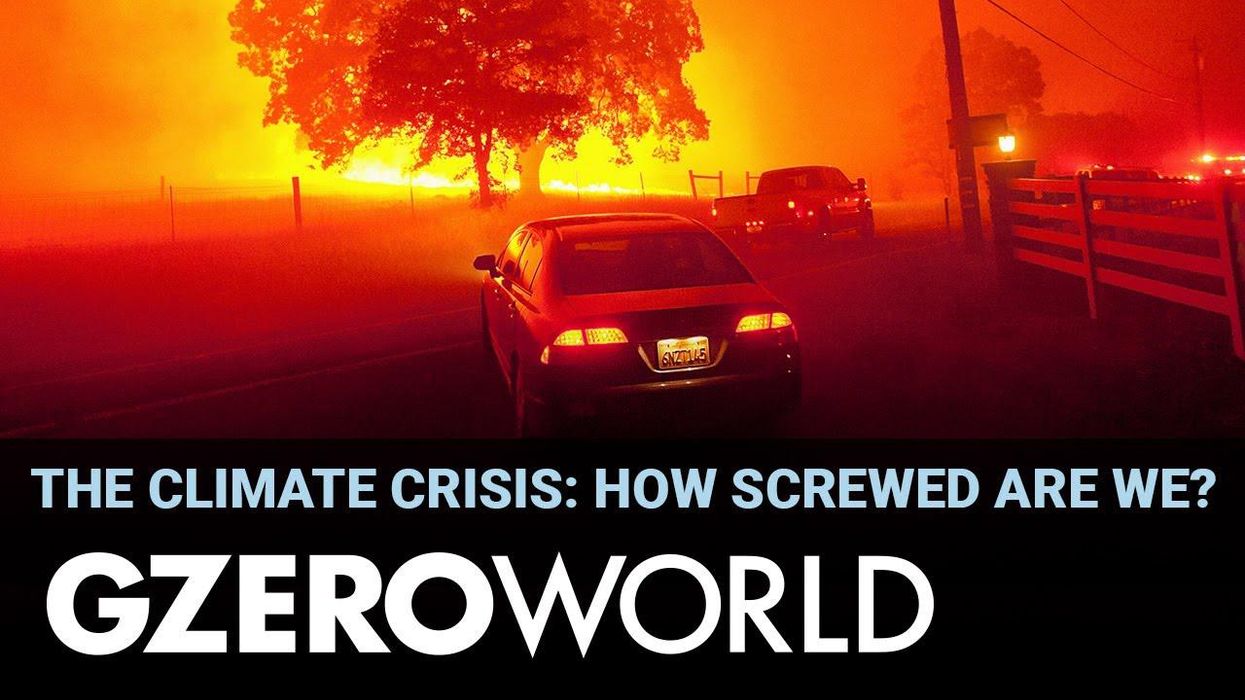Posts
Want to land a "green job? 3 tips from LinkedIn's Sue Duke
Upgrading your resume with some "green" skills to get a job in the future low-carbon economy? First, think long-term because whatever's good for you will be good for the planet, says Sue Duke, vice president and head of public policy at LinkedIn. Second, get training that aligns with your company's climate targets, and third, expand your network to make it "greener."
Nov 05, 2021
